How to use white vinegar in your garden – 7 ingenious ways of using this natural cleaning agent
Experts reveal the ingenious ways you can use the beloved cleaning agent to help keep your garden happy and healthy
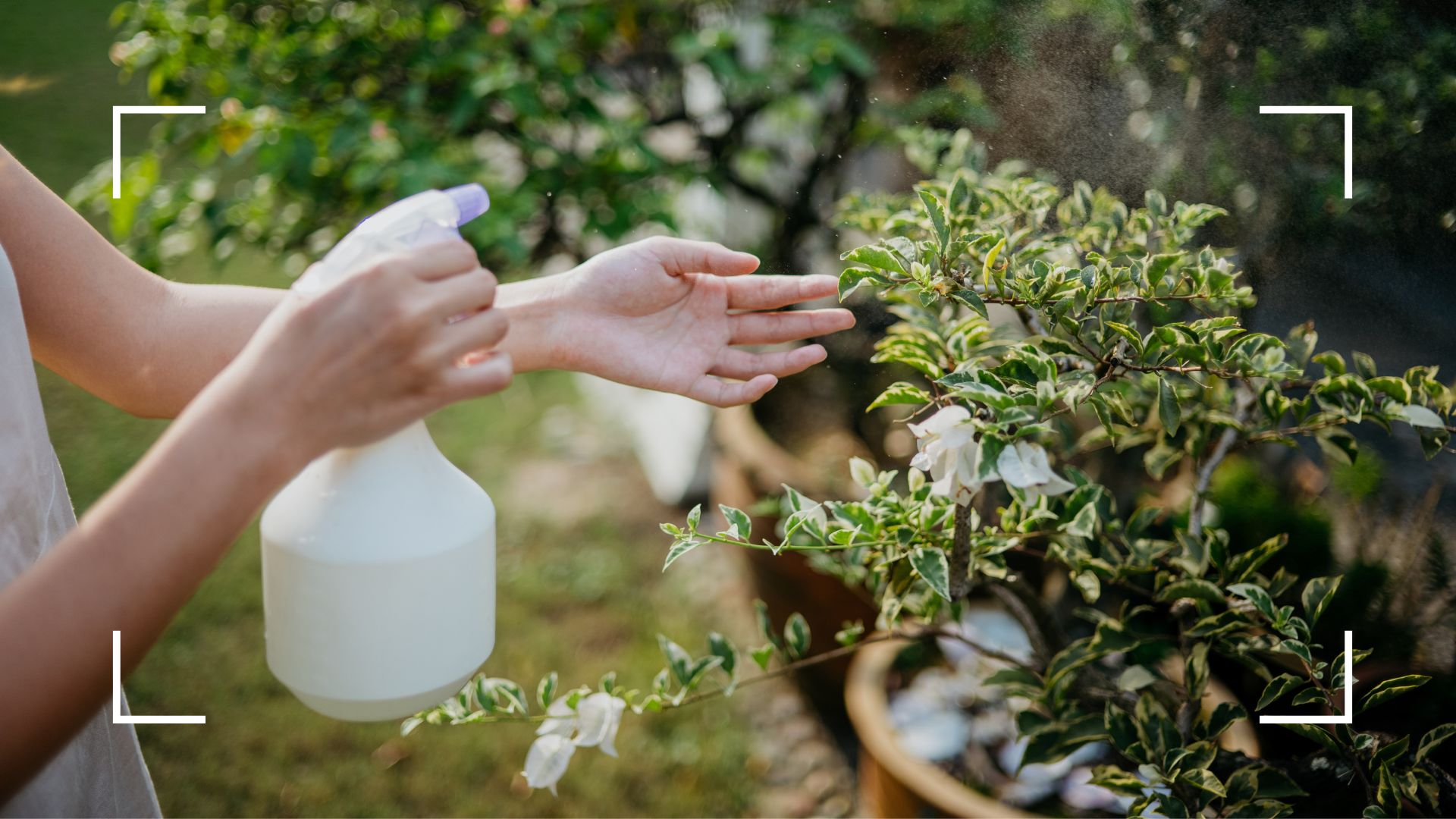

White vinegar is an undeniable hero when it comes to home cleaning, so it shouldn't be surprising that it can also help with many issues in the garden.
You'll probably find yourself cleaning with vinegar weekly, as the cleaning agent is known to be able to tackle most tasks around the home with ease. Although there are some things you shouldn't clean with vinegar, thanks to its natural solution it's safe to use on most surfaces.
According to plant experts, white vinegar is the newest sustainable gardening idea making several high-effort jobs much easier. From weed killing to insect repellent, here are seven inventive ways to use white vinegar in the garden.
How to use white vinegar in your garden
While you might be more familiar with seeing white vinegar used in viral cleaning hacks, gardening experts are now sharing ways the product can help keep your garden thriving.
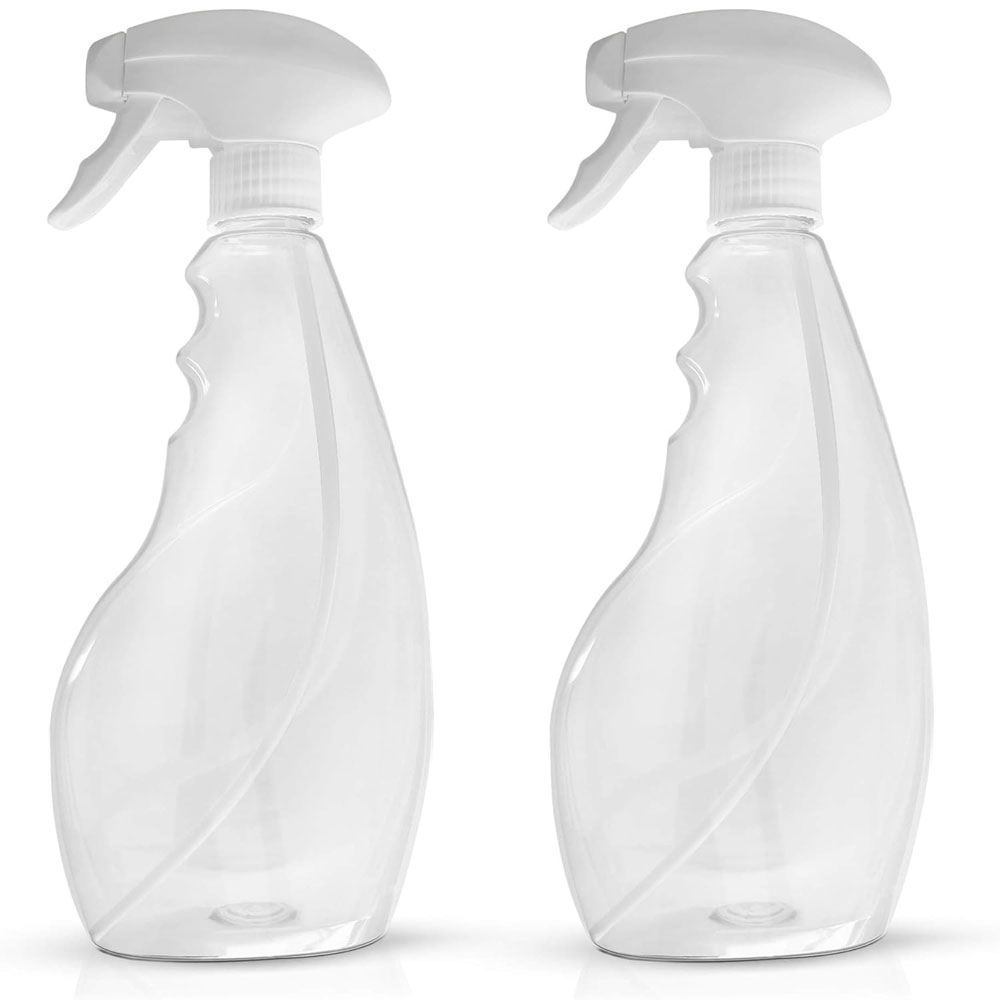
RRP: £5.99 | Empty spray bottles are perfect for holding your homemade white vinegar solutions and this pack of two offers fantastic value for money. They are leak-free and can even be used upside down – perfect for those hard-to-reach spots in your garden.
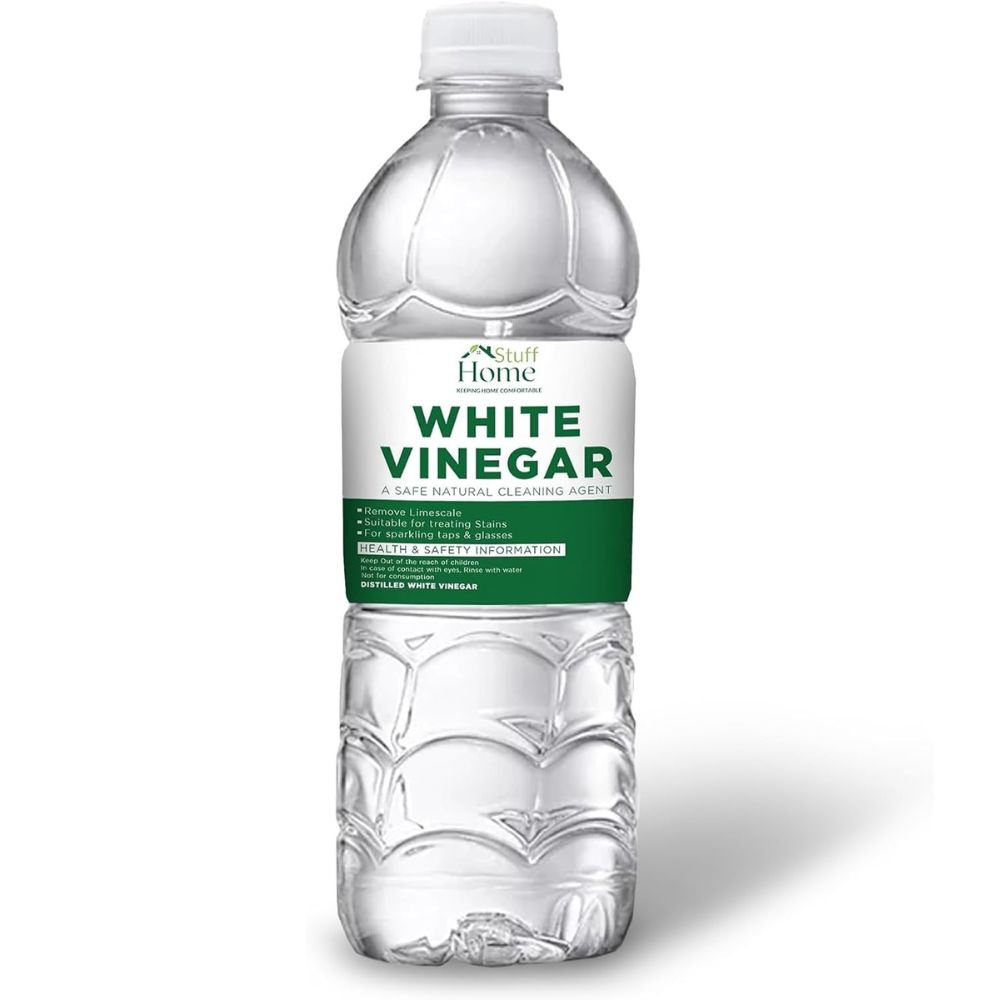
RRP: £5.49 | IT's always a good idea to have a bottle of white vinegar lying around, whether you're tackling a home clean or weeds in the garden. This bottle is all-natural and is ideal for diluting into spray bottles.
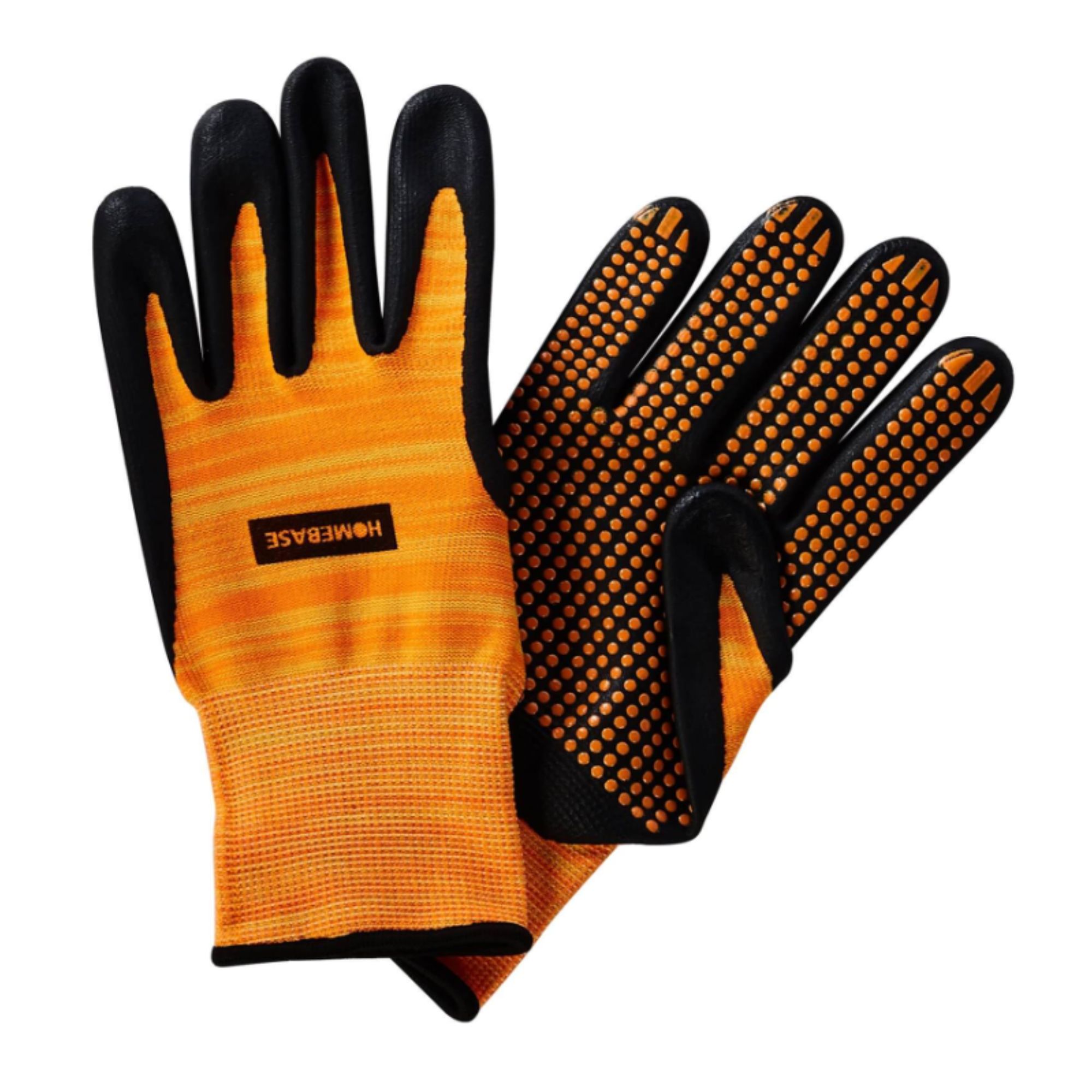
RRP: £4 | These gloves are perfect for regular garden maintenance, especially when working with a potential irritant like white vinegar. We'd always recommend having some protective gloves like these when tackling outdoor jobs.
1. Weed killer
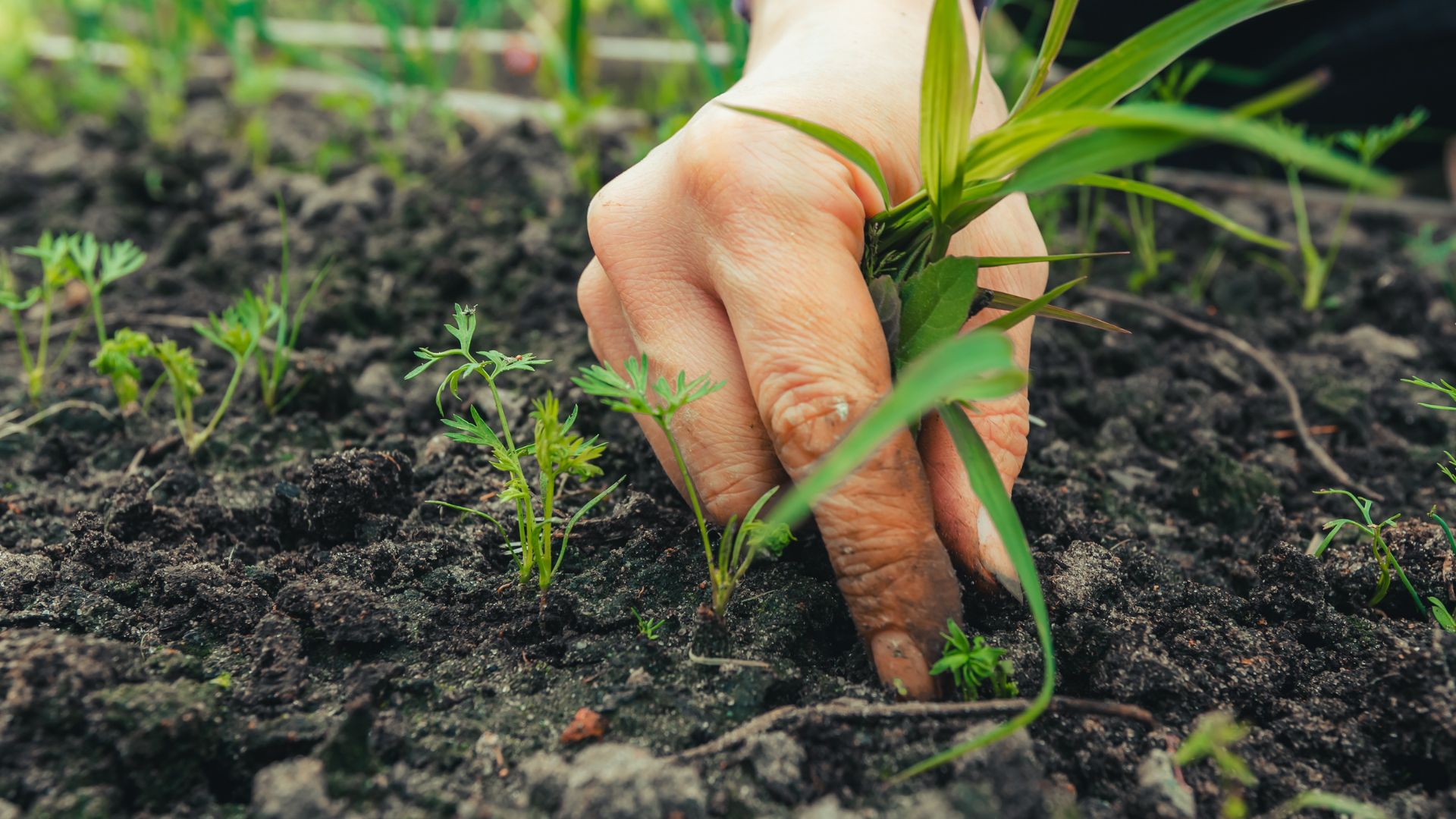
Getting rid of weeds is every gardener's worst nightmare, and having to use a chemical weed killer can be terrible for the health of your plants and flowers. So if you want to rid your garden of stubborn weeds, white vinegar is a great natural solution.
"Vinegar contains acetic acid, which can break down the cell walls and remove moisture from weeds," explains Graham Smith MCIHort, a horticulture expert at LBS Horticulture."However, as it is a contact herbicide, it should only be sprayed directly onto the weeds you want to get rid of, as otherwise it can harm surrounding plants."
He does explain that the vinegar will work better on newer plants, as the roots of more established weeds may have the energy to return even if the leaves that were sprayed have died.
Sign up for the woman&home newsletter
Sign up to our free daily email for the latest royal and entertainment news, interesting opinion, expert advice on styling and beauty trends, and no-nonsense guides to the health and wellness questions you want answered.
"It is best to only use vinegar as a weedkiller on paving, as using it on your lawn can kill the healthy grass," adds Graham.

Graham has extensive knowledge in the horticultural and gardening industries, and prides himself on using this to help gardeners of all skills create their perfect outdoor space.
2. Repel insects and plant pests
When it comes to keeping ants away and other creepy crawlies, it can feel like an impossible task. They tend to hide all over the garden and using chemical insecticides is not always a viable option.
"You can disrupt the scent trail of ants by spraying undiluted vinegar on their trails and entry points. It also helps keep garden beds and patios free of ants. To repel insects like aphids and mealybugs, you'll need to mix vinegar and water equally for the spray," explains Jane Dobbs, lead gardener at Allan's Gardeners.
She does however advise you to avoid harming delicate foliage by spraying sparingly only on leaves, too much of the solution can harm your plants.

Gardening is Jane's passion, having built and maintained stunning outdoor spaces for over a decade. Taking care of all the garden projects at Allans' Gardeners is her responsibility as lead gardener. A wide range of horticultural practices come into play in Jane's work, from landscape design to plant and lawn care.
3. Help germinate seeds
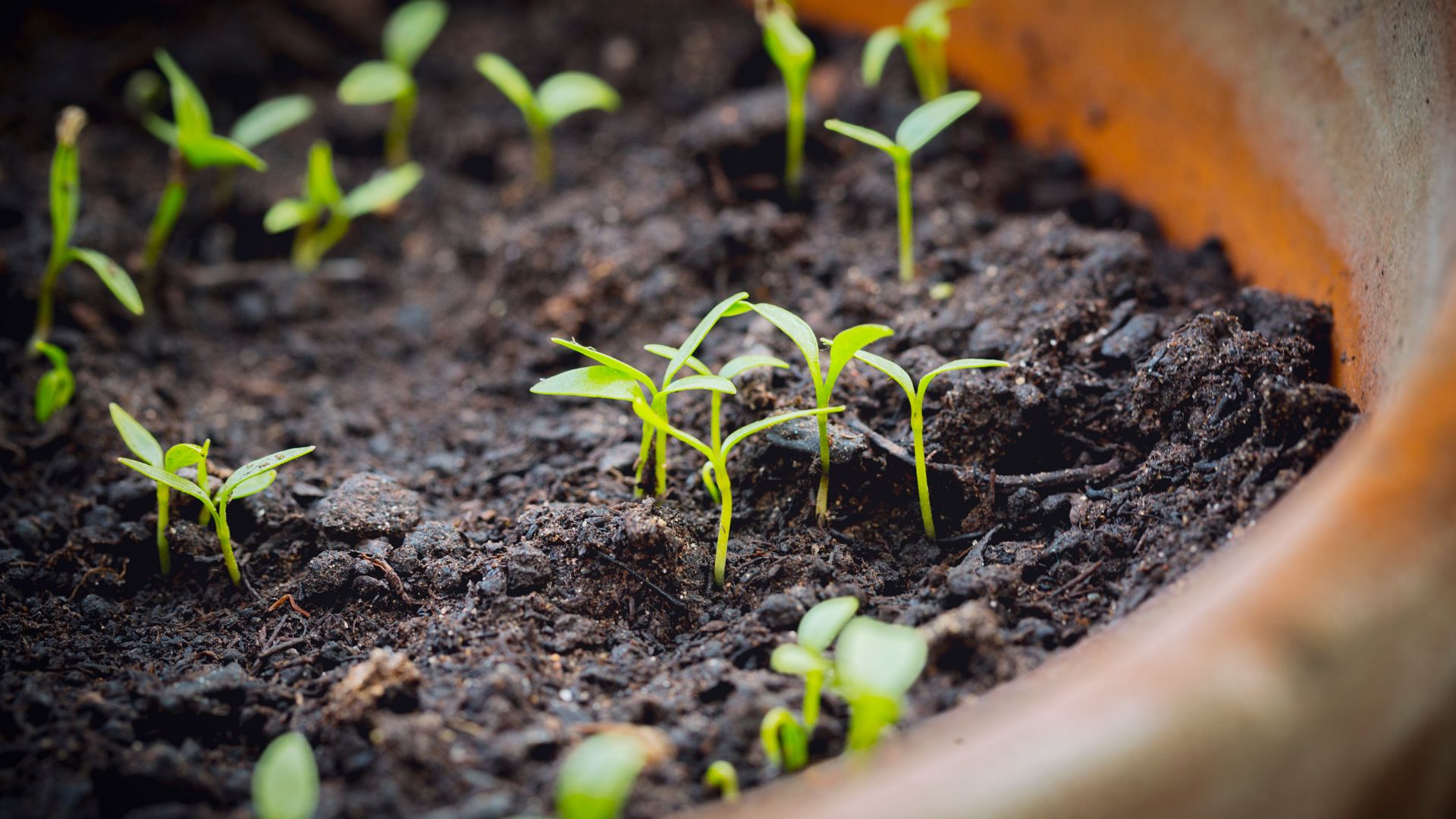
If you successfully collected seeds from your garden and saved them over winter, you'll no doubt have a lot of work on your hands ensuring they become seedlings. This can be quite a daunting task so it's always good to have a little helping hand.
Jane says, "The germination of hard-coated seeds (nasturtiums and morning glories) can be accelerated by soaking them overnight in vinegar-water solutions. Add one tablespoon of vinegar to one cup of water and place them in the water."
Then simply sow the seeds into seedling trays and care for them as you usually would.
4. Remove rust from garden tools
If you're an avid gardener then you'll probably own all the essentials every gardener needs and they'll probably be very well used. If so they might be slightly rusted and overworked.
"If your gardening tools are covered in rust or caked in dirt, you can use vinegar to clean them. Soak the affected areas of the tools in vinegar for roughly half a day, and a lot of the rust should come off by itself," explains Graham.
Should there be any rust left over on the tools, he simply advises you to wipe or gently scrub it off. The vinegar will have loosened enough that not too much elbow grease is needed!
5. Clean walkways and pots
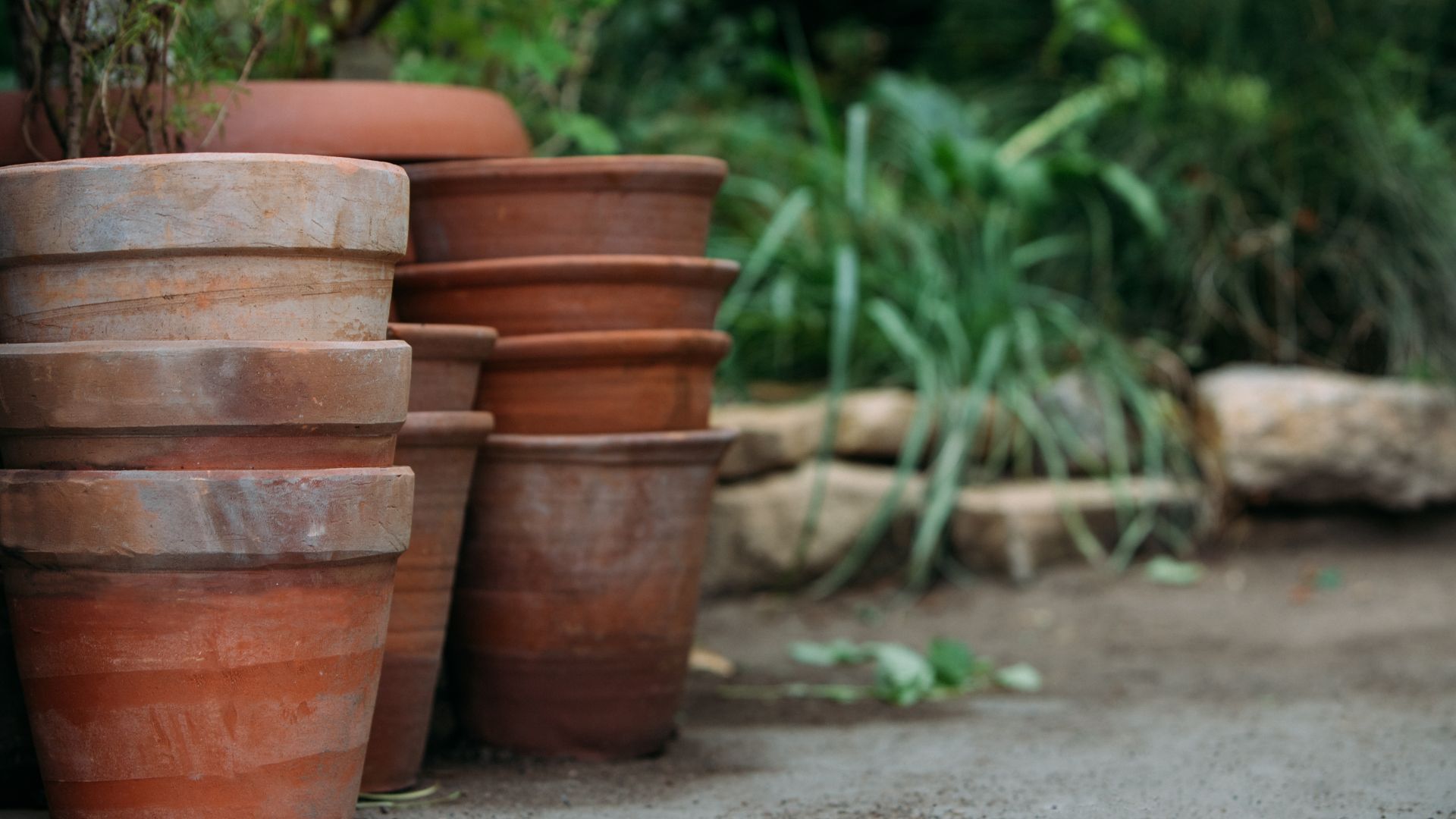
Cleaning your terracotta pots and tackling the dirt build-up on your patio slabs is no easy feat when there are months of algae and mud layered on them. The good news is white vinegar is a fantastic outdoor cleaner!
Graham explains, "Calcium or other mineral deposits can appear on brick walkways or limestone paving and be unsightly. You can get rid of these by making a mixture of equal parts vinegar and water that can be sprayed on these areas. The spray should begin to break down the mineral deposits, and they will be loosened enough to be scrubbed away."
As for pots he says simply clean the terracotta with vinegar and water, this will both remove the dirt and restore the colour of the pots.
6. Use as an anti-fungal spray
In the same way, you'd care for indoor plants by protecting them from diseases, your outdoor plants are also at risk and they will benefit massively from a helping hand.
Garden Designer and Influencer Ish @Gardening.with.ish on TikTok explains, "Just a little bit of the solution on some of the leaves prevents any kind of fungal infection from spreading, especially if it’s only a little one. But don’t use too much, too much of this can be more harmful than good for your plants."
He recommends using a solution consisting of a teaspoon of white vinegar in a spray bottle filled with water.
7. Natural deterrent for cats, dogs and rodents
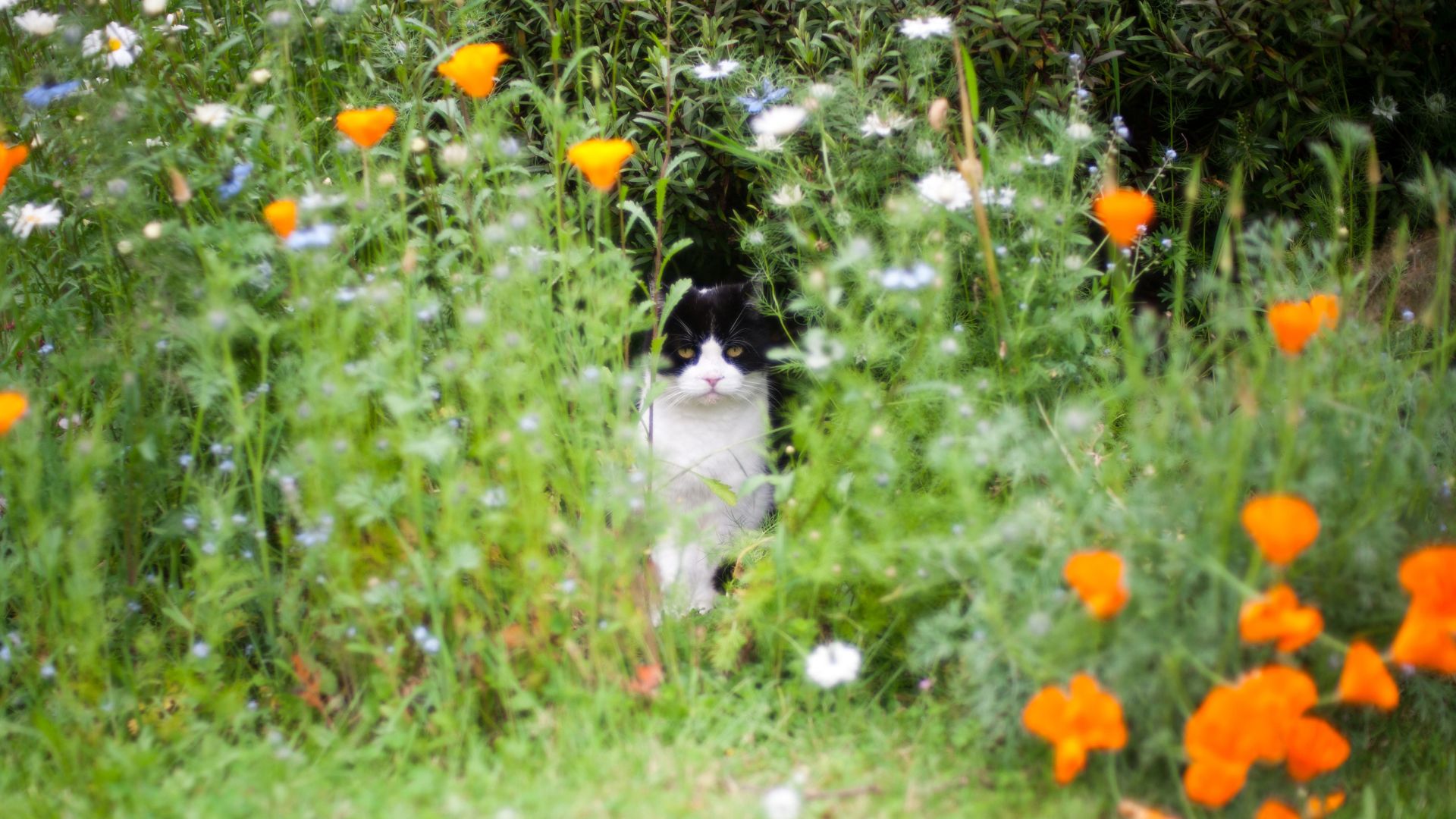
Deterring cats from your garden might seem like a bit of an unfair thing to do, but finding a harmless natural solution means your flowerbeds are undisturbed and no cats are hurt.
"This is a great natural deterrent for cats, dogs and even rodents," explains Ish. "They hate the smell of white vinegar and if you water it down you won’t smell it but they will. If you want to keep them off the lawn or your flower beds just give the area a little spray and make an invisible border. They’ll smell that and won’t want to go anywhere near your flower beds."
FAQs
Are there any places in the garden where you shouldn't use white vinegar?
Similar to when you use teabags in your garden or banana peels in your garden for certain plants, there are some limits to what area and species will actually benefit.
"There is no selectivity in vinegar, so it can harm or kill any plant that it comes into contact with. Don't spray near flowers, vegetables, or other plants you want to keep. Also, spraying vinegar on grass will cause it to turn brown and die," says Jane.
She adds, "Don't use it near tree roots or shrubs. Repeated application can leach into the soil and damage deep-rooted plants. Vinegar is acidic and harmful to fish, amphibians, and aquatic plants. So if you have ponds and water features it is not a good idea."
Whilst it is an all-natural solution, it's important to remember just how powerful of an acidic cleaner it can be.
Why is white vinegar particularly helpful in the garden?
Although white vinegar is certainly more versatile in the home, there's no denying its helpfulness outside. But what makes it such a great tool for outdoor cleaning and garden care?
Jane explains, "Because of its natural acidity, white vinegar is particularly useful in the garden for weed control, pest management, and cleaning. When used properly, white vinegar remains an effective tool without causing harm to your plants, soil, or surroundings."
If you're looking for more ways to reuse household items in the garden, we'd recommend trying the different ways of using coffee grounds in your garden. They are a great source of nutrients for certain plants and can help you level up your soil game!

Emily joined woman&home as a staff writer after finishing her MA in Magazine Journalism from City University in 2023. After writing various health and news content, she now specialises in lifestyle, covering unique cleaning hacks, gardening how-tos, and everything to help your houseplants thrive.
-
 Unforgettable date ideas to make a great first impression or rekindle romance
Unforgettable date ideas to make a great first impression or rekindle romanceForget the same old first date formula - these unforgettable date ideas will leave them thinking about you long after you go home
By Natalie Denton Published
-
 Butter yellow might be the colour of the season, but Amal Clooney is making me want to try sunshine shades
Butter yellow might be the colour of the season, but Amal Clooney is making me want to try sunshine shadesSpark some joy by adding some statement yellow pieces to your wardrobe just in time for summer
By Matilda Stanley Published
-
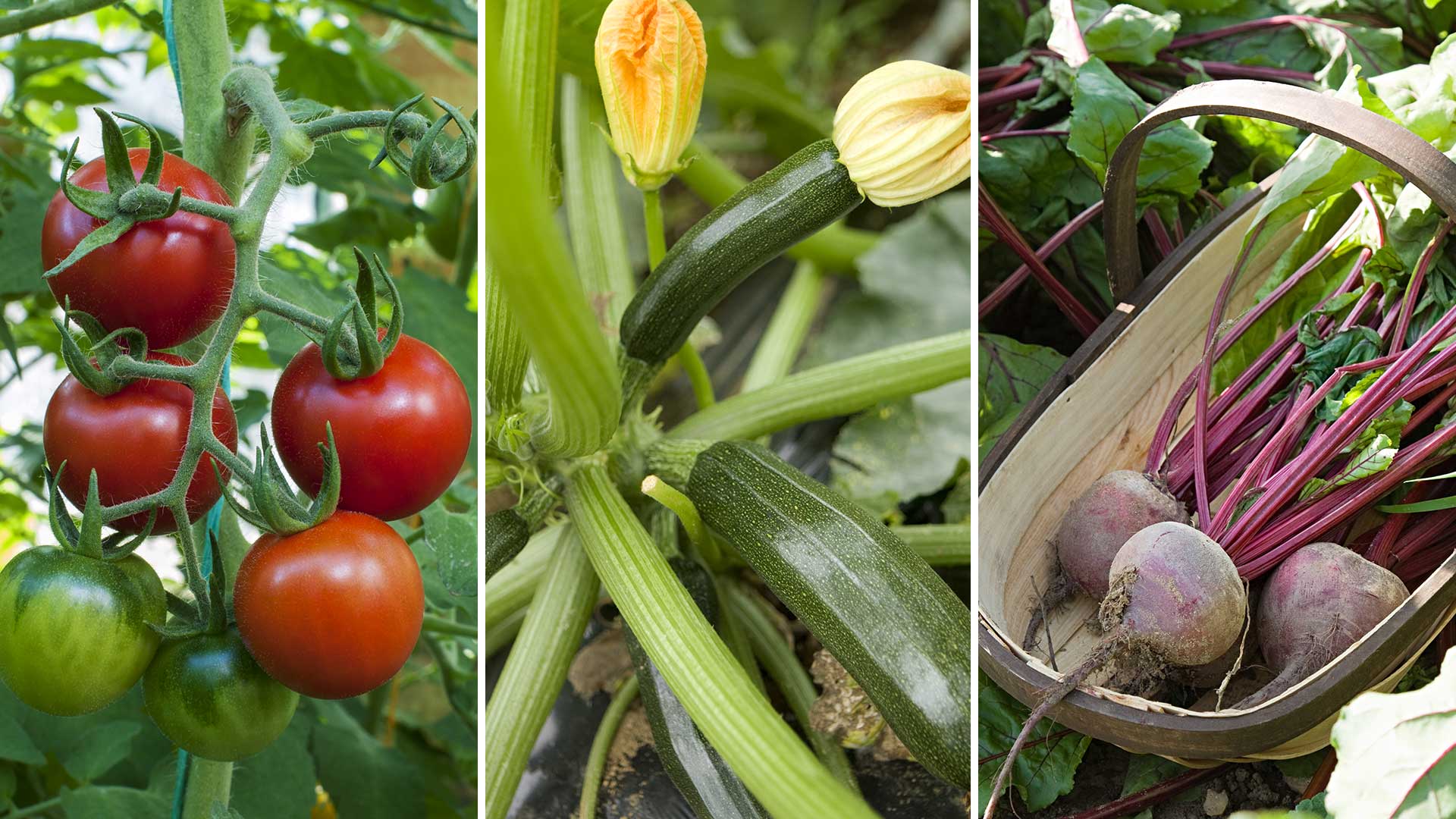 Vegetables to plant in April: 8 crops to start now for a delicious harvest later in the year
Vegetables to plant in April: 8 crops to start now for a delicious harvest later in the yearDiscover which vegetables to plant in April, and top tips for growing success
By Holly Crossley Published
-
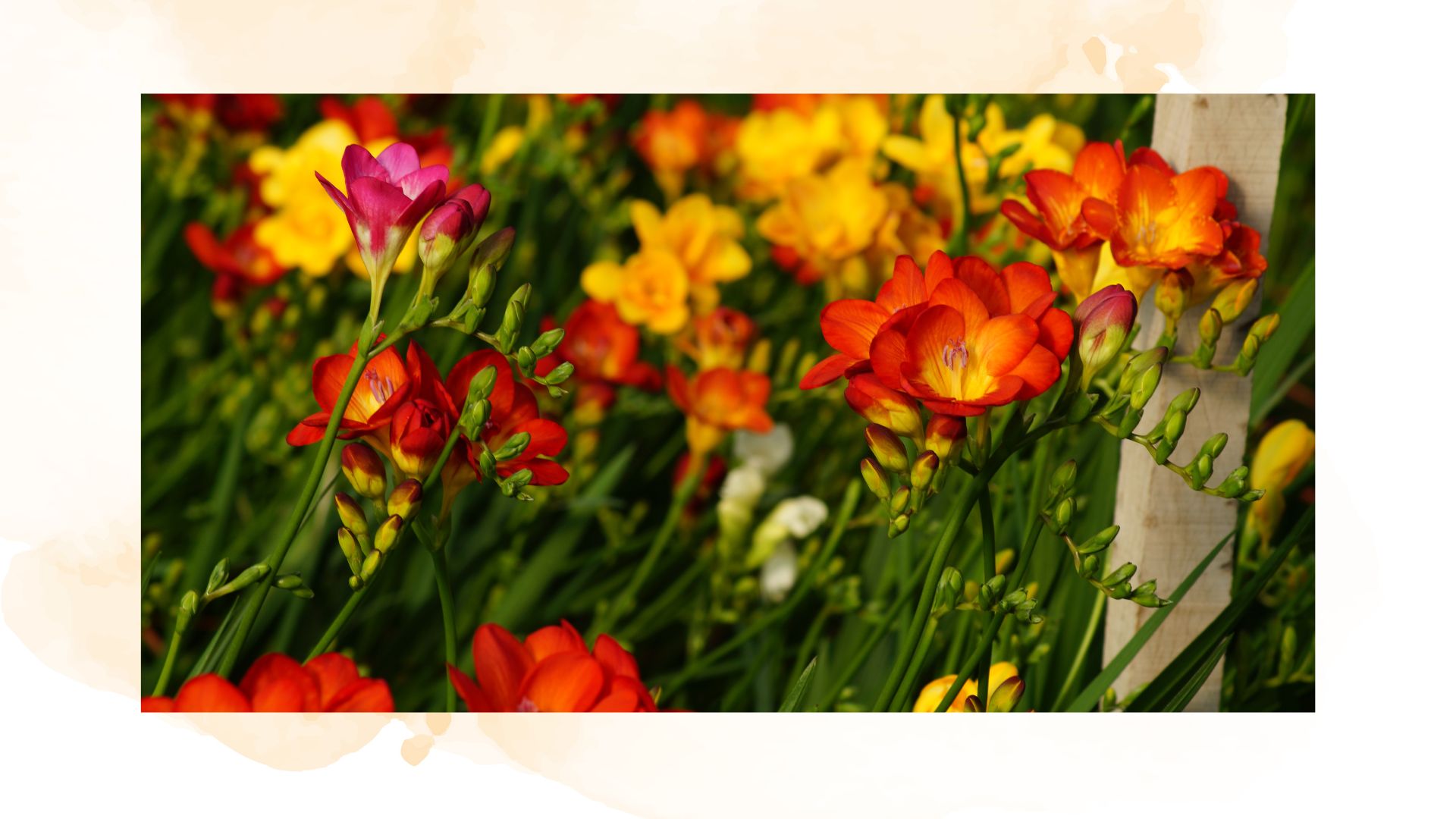 How to plant freesia bulbs: easy steps for colourful summer blooms
How to plant freesia bulbs: easy steps for colourful summer bloomsIf you're looking to add some vivid colour and life to your garden, freesias are the perfect choice
By Emily Smith Published
-
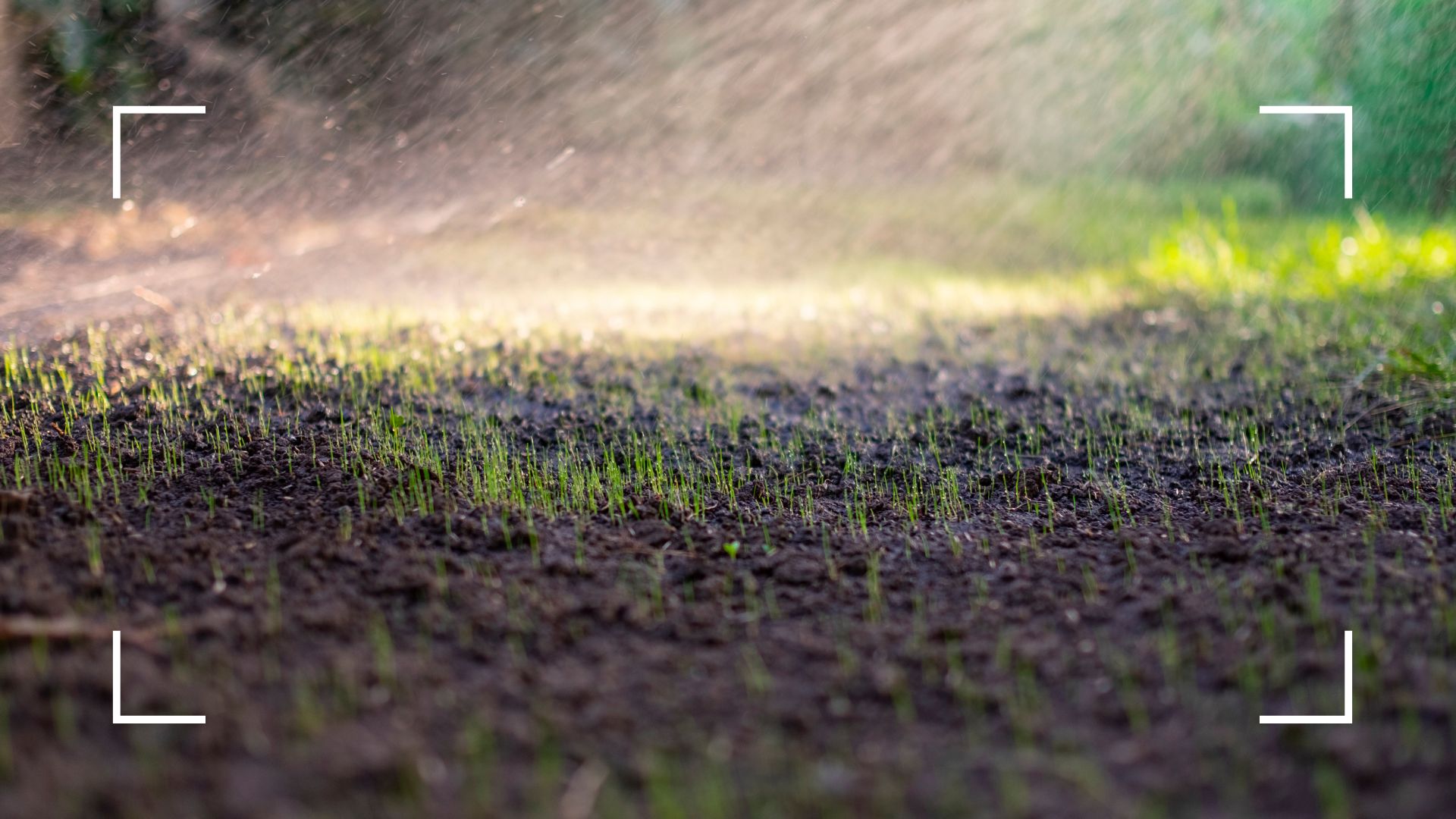 Gardening experts reveal how often you should water grass seed for a luscious lawn this summer
Gardening experts reveal how often you should water grass seed for a luscious lawn this summerWant your lawn to be looking its best by the time summer rolls around? You'll need to make sure you're watering it the perfect amount
By Emily Smith Published
-
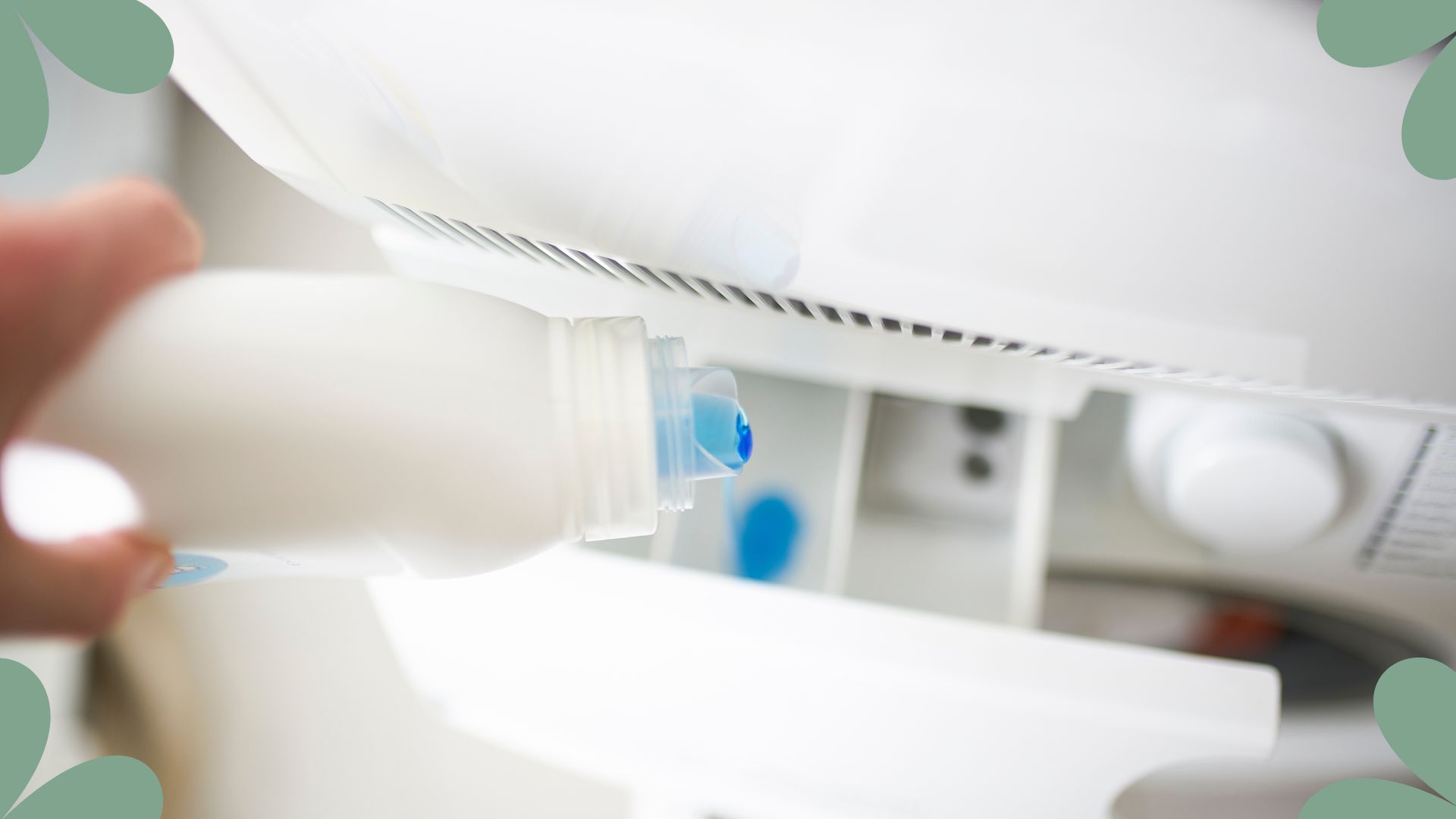 Lynsey Crombie reveals the surprising laundry mistake leaving your clothes smelling 'stale and nasty'
Lynsey Crombie reveals the surprising laundry mistake leaving your clothes smelling 'stale and nasty'Do your clothes smell unpleasant even after you've washed them? It could be your fabric conditioner
By Emily Smith Published
-
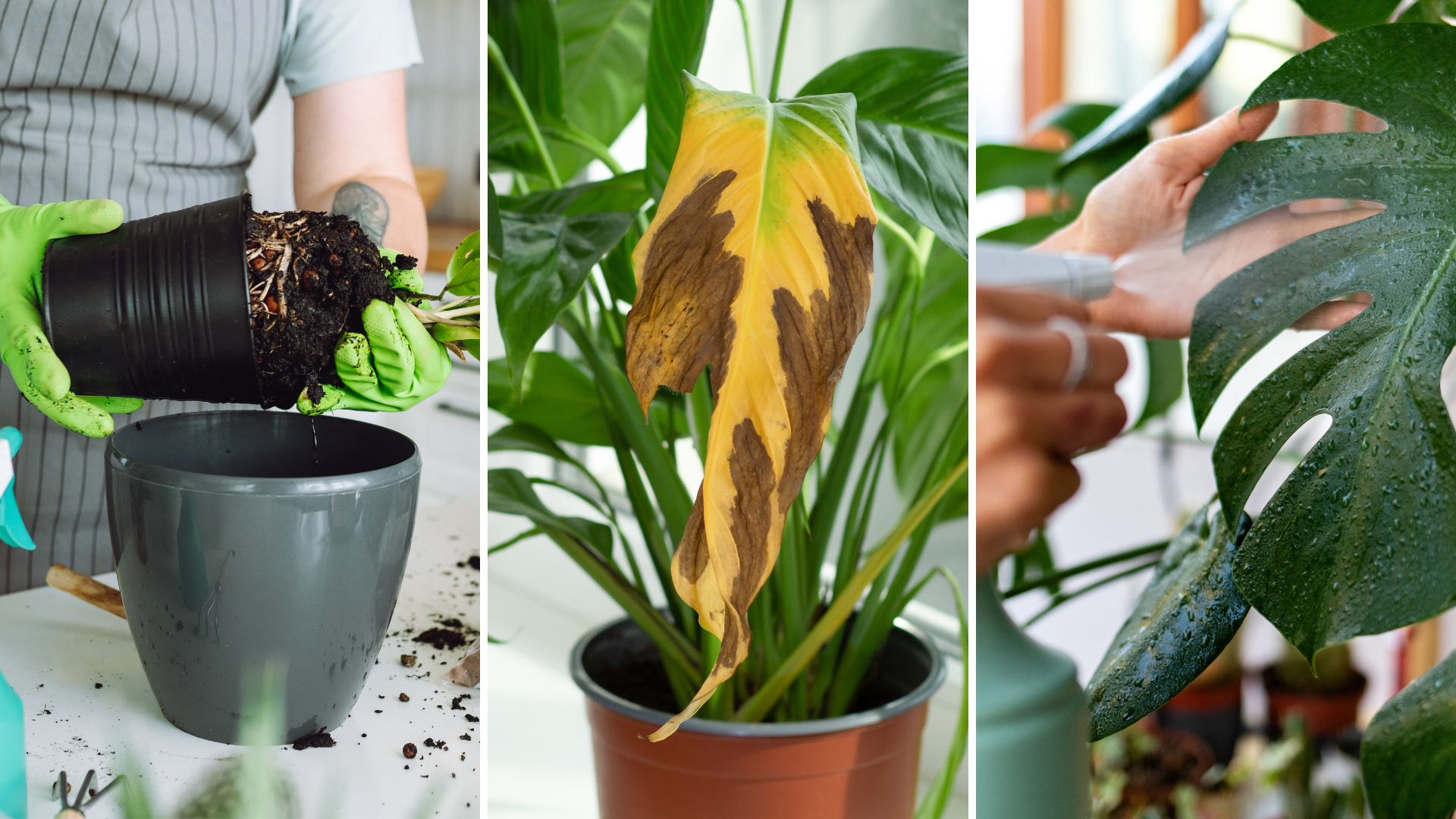 6 common houseplant myths to ignore, warn horticulture experts
6 common houseplant myths to ignore, warn horticulture expertsThese common misconceptions about caring for indoor plants might surprise you – they feel perfectly logical
By Emily Smith Published
-
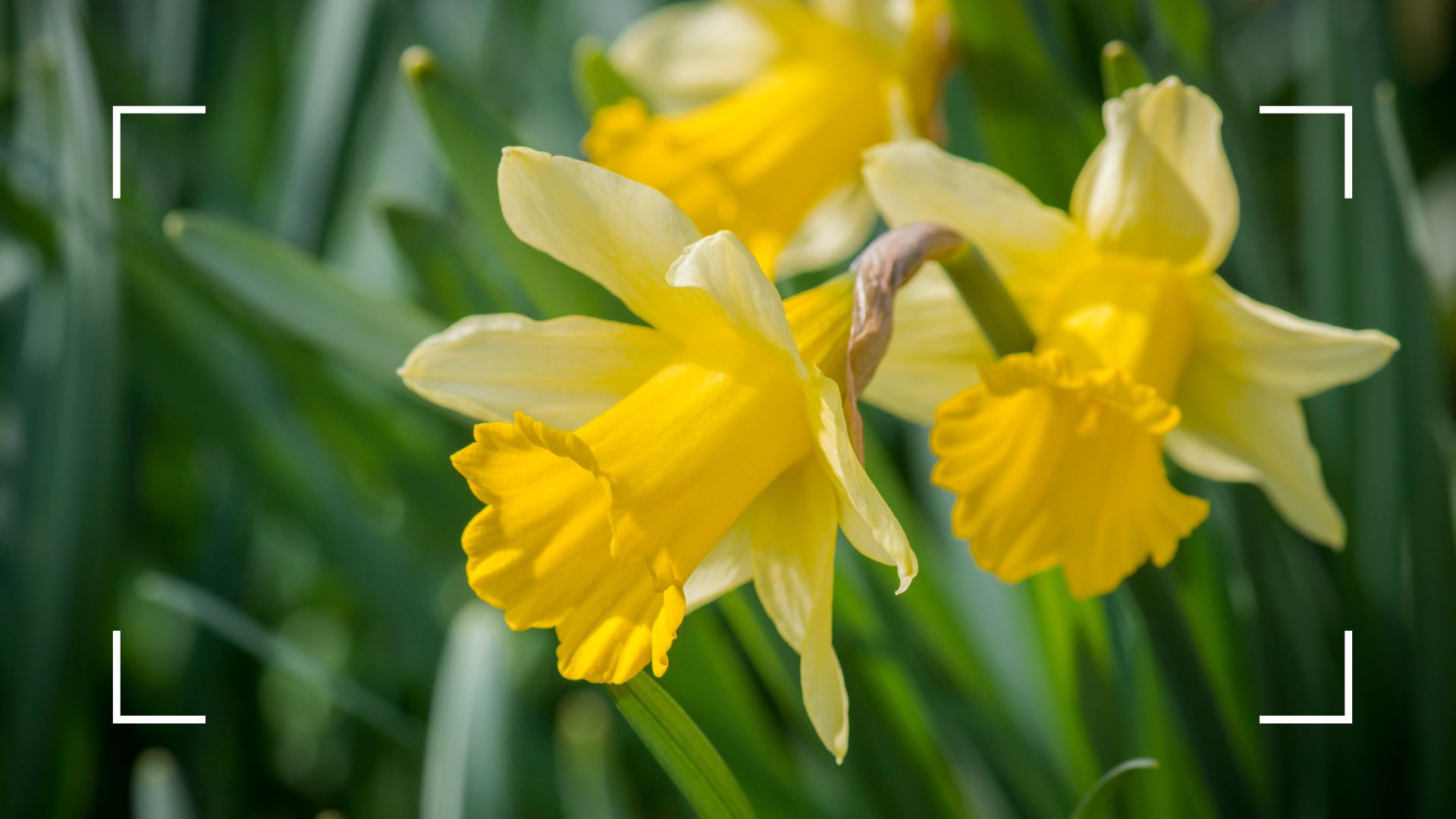 Should you deadhead daffodils? Gardening experts share their advice for longer-lasting blooms
Should you deadhead daffodils? Gardening experts share their advice for longer-lasting bloomsThese butter-yellow flowers are one of the first signs of spring, but should you deadhead or leave them be?
By Emily Smith Published
-
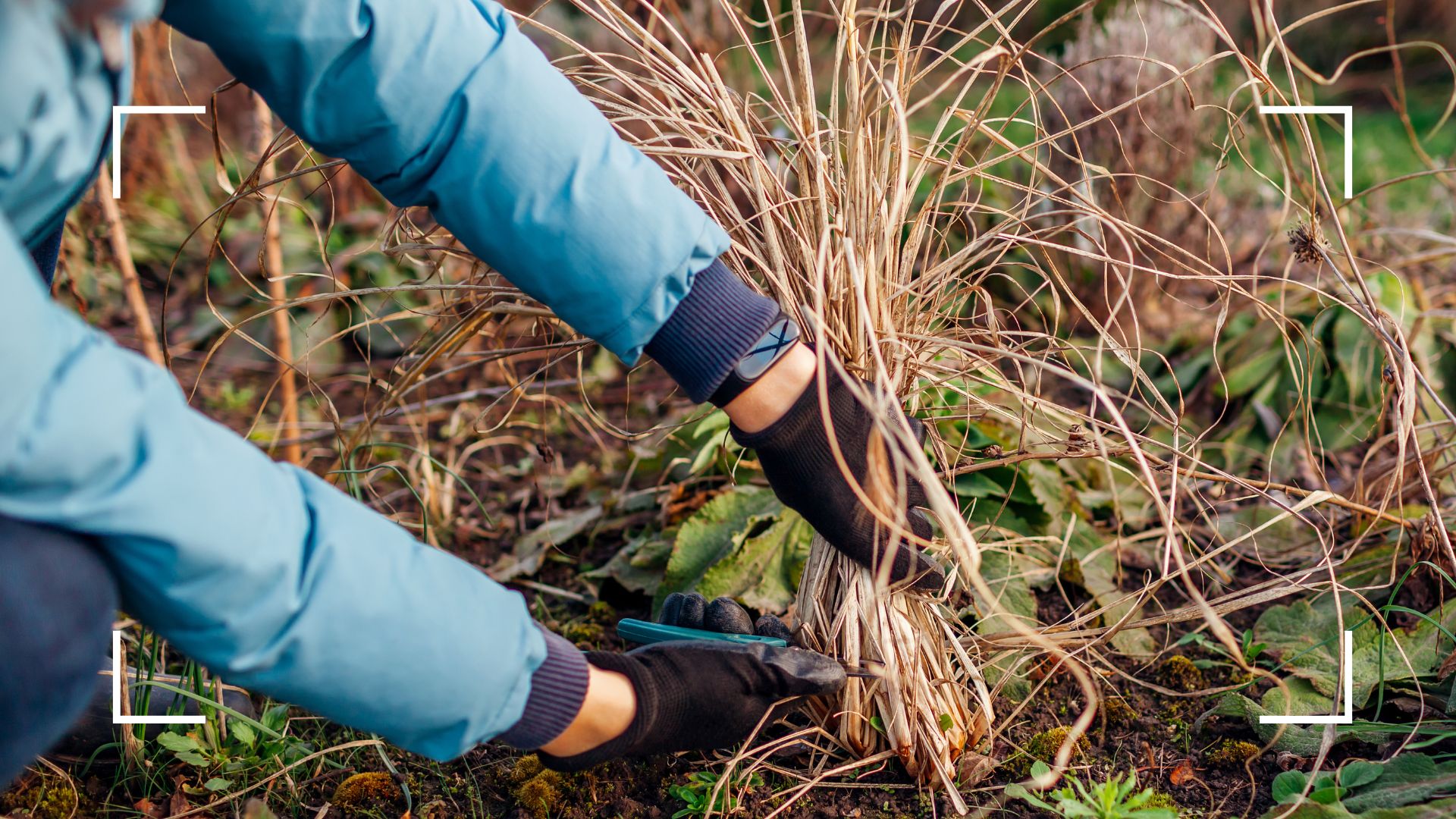 It's time to cut back ornamental grasses, and the expert team at Sarah Raven are here to help
It's time to cut back ornamental grasses, and the expert team at Sarah Raven are here to helpWith spring well and truly here, the team share their top tips to get ornamental grasses ready for new growth
By Emily Smith Published
-
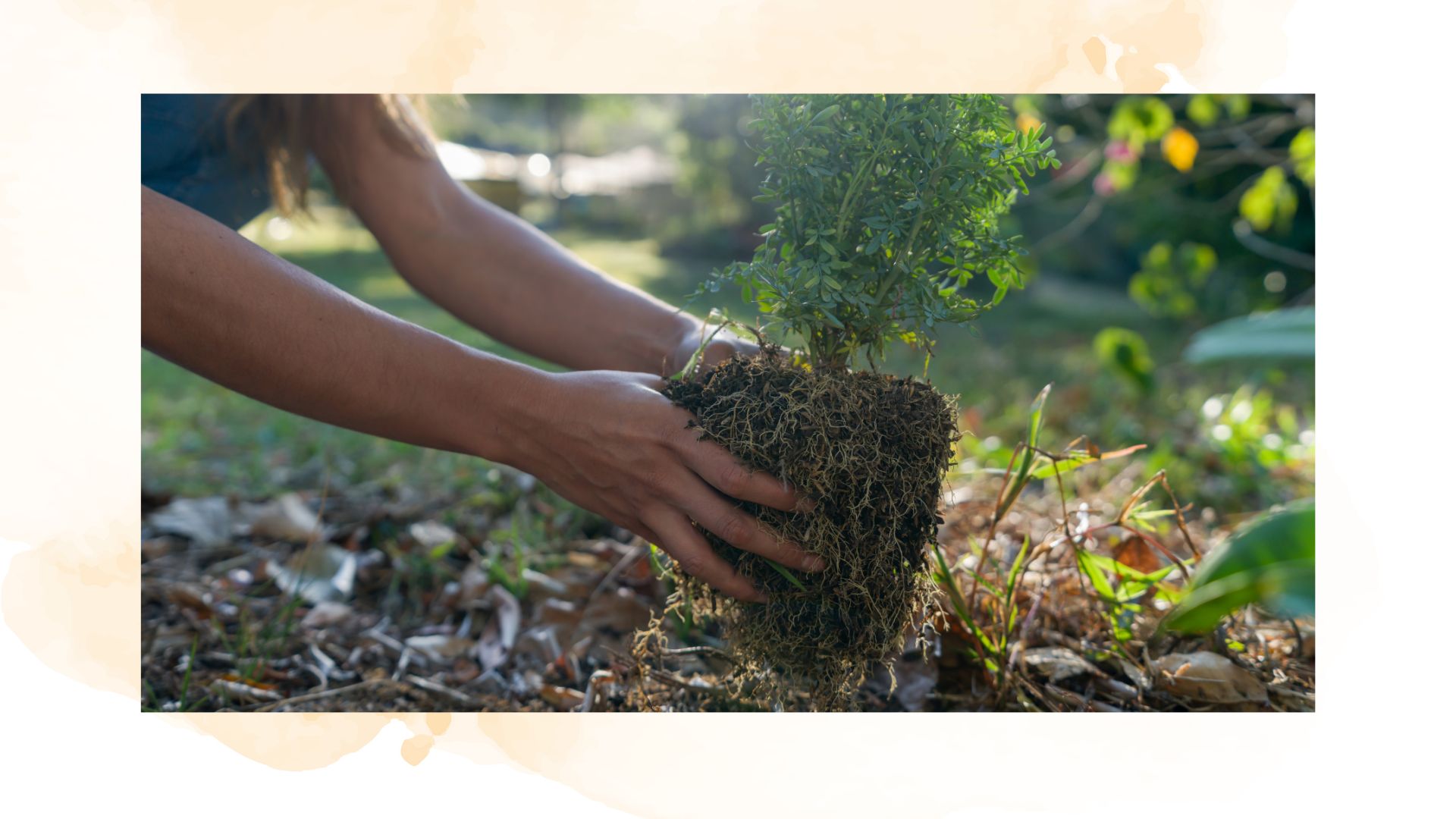 Monty Don's 'genius' planting trick gives outdoor plants the best chance of thriving
Monty Don's 'genius' planting trick gives outdoor plants the best chance of thrivingThis mess-free trick will make planting seamless - and give your plant a great headstart
By Emily Smith Published